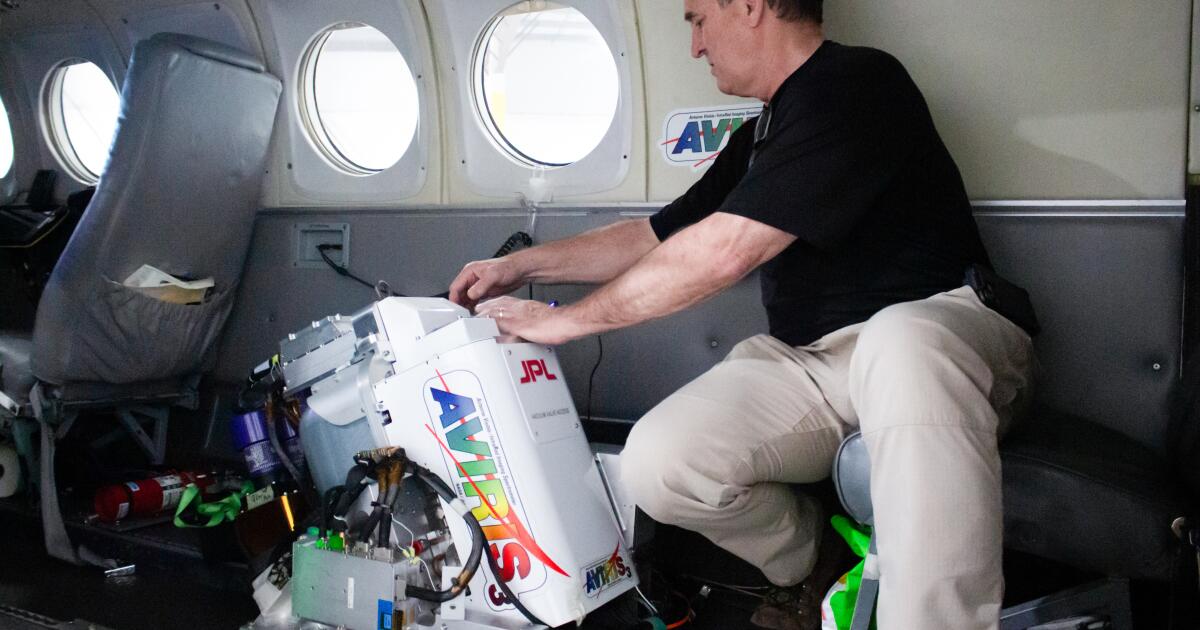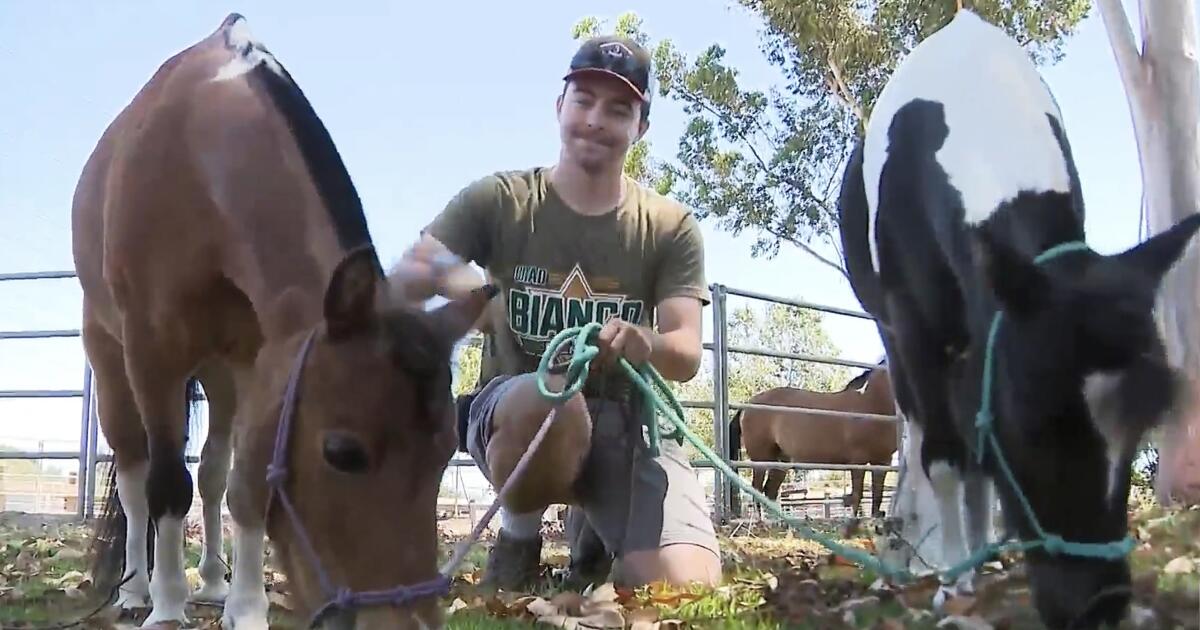“Bangladesh is an important part of India” Sea theory and the Indo-Pacific outlook.Renewal of MoU on Maritime Cooperation and Blue Economy “The agreement signed this morning is aimed at developing our ocean-based blue economy and maritime cooperation,” Kwatra said.
“The MoU on oceanography will establish a framework for research in that region. The renewal of the MoU on disaster management will help strengthen response and capacity building across the region. We will also focus on disaster risk reduction and management, which is one of the key pillars of the Indo-Pacific Ocean Initiative,” he said.
The Bangladesh Prime Minister, who is on a two-day state visit to India, will also meet the Vice President and the External Affairs Minister after meeting the Prime Minister. Narendra Modi,
‘Rohingya issue discussed between PM Modi and Bangladeshi counterpart’
According to the Foreign Secretary, the two leaders also discussed the Rohingya issue.
Kwatra said, “The Rohingya issue was discussed. This is an issue that India and Bangladesh have had discussions on at various levels from time to time. And in the spectrum in which these discussion statements take place, you know India has offered assistance to Bangladesh in the past. Humanitarian assistance to the Rohingyas is something we have offered in the past. We will continue to work closely with Bangladesh on this.”
He further said, “There are many aspects of the Rohingya challenge that Bangladesh is facing. Some of these are there for us as well. So those challenges were also discussed. How these concerns should be reflected in Myanmar is also a matter of discussion between India and Bangladesh. So all this forms the spectrum of these discussions and some of the key elements of this spectrum were also discussed between the two leaders today…”
The two leaders agreed to intensify dialogue on counter-terrorism, de-radicalisation and peaceful management of the long land border. According to the Foreign Secretary, a Joint Technical Committee has been set up to initiate discussions on the renewal of the 1996 Ganges Water Sharing Treaty.
“We will also conserve and manage the Teesta river inside Bangladesh with appropriate Indian assistance,” he said.
Investigation into Bangladeshi MP’s death ongoing: Kwatra
Talking about the death of Bangladesh MP Anwarul Azim Anar, who had come to Kolkata for medical treatment in May and then went missing, the Foreign Secretary said the case is still under investigation and law enforcement agencies of the two countries are currently coordinating and necessary information is being shared regarding the investigation.
He said, “Our government is providing all possible assistance to Bangladesh as part of the investigation…”
In May, the MP was murdered in a posh gated community of duplex flats in the city’s New Town area. According to the CID and Bangladeshi investigators, Anar was allegedly strangled to death within hours of entering the apartment on May 13, and her body was dismembered, stuffed in bags and taken out of the premises. The washroom was cleaned with acid to erase evidence of the crime.
India to launch e-medical visa facility for Bangladeshis; opens new consulate in Rangpur; new trains, bus services and more
The Ministry of External Affairs released the list of announcements made during Prime Minister Sheikh Hasina’s visit to India. The announcements include e-visa for medical patients from Bangladesh, new Assistant High Commission of India in Rangpur, Bangladesh, new train service between Rajshahi and Kolkata, new bus service between Chittagong and Kolkata, introduction of freight train service between Gede-Darsana and Haldibari-Chilahati up to Dalgaon, construction of Inland Container Depot (ICD) at Sirajganj under grant assistance, 350 training slots for Bangladeshi police officers, Muktijoddha scheme for medical patients with an upper limit of Rs 8 lakh per patient and many more.
India, Bangladesh sign several MoUs
India and Bangladesh signed several MoUs, including a Shared Vision for India-Bangladesh Digital and Green Partnership; MoU on Maritime Cooperation and Blue Economy; MoU between Ministry of Space and Ministry of Information and Communication of Bangladesh; MoU between Ministry of Railways, Government of India and Ministry of Railways, Government of Bangladesh for Railway Connectivity; MoU for Cooperation in Oceanography between Bangladesh Oceanographic Research Institute (BORI) and National Institute of Oceanography (NIO) of India under CSIR.
India moves closer to Bangladesh to compete with China
India and Bangladesh have boosted their defence ties and signed agreements as New Delhi tries to project itself as a regional power and a counterweight to China. Bangladesh, which has good relations with both India and China, will have trouble balancing the relationship.
Bangladesh’s garment industry, which brings in more than 80% of its foreign exchange from exports, is heavily dependent on China for raw materials, while India is the largest market for Bangladeshi products in Asia.
India is Bangladesh’s largest export destination in Asia. Trade between the two countries reached $15.9 billion in FY 2022-23.
Meanwhile, Prime Minister Modi welcomed Bangladesh’s decision to join the Indo-Pacific Oceans Initiative to enhance and facilitate regional cooperation with India’s maritime neighbours. He said the agreements with Dhaka are part of his country’s pursuit of a neighbourhood-first approach.
Hasina told reporters in New Delhi that the two countries have decided to enhance cooperation in river water sharing and power and energy sectors.
(with inputs from agencies)


















